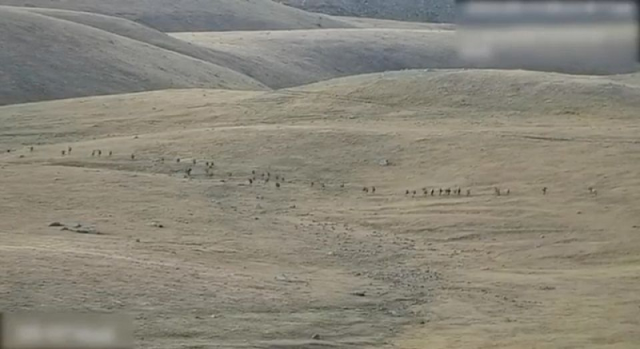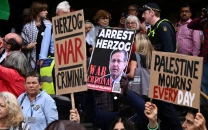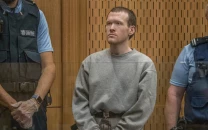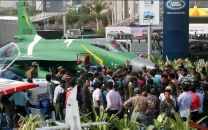Putin seeks to calm Azerbaijan and Armenia after 49 killed in clashes
Russia, US and France call for restraint after deadly fighting since Armenia and Azerbaijan waged six-week war in 2020

Russian President Vladimir Putin on Tuesday sought to end fighting between Armenia and Azerbaijan after border clashes killed at least 49 Armenian soldiers and raised fears of another fully-fledged war in the former Soviet Union.
Russia, the United States and France called for restraint after the most deadly fighting since Armenia and Azerbaijan waged a six-week war over the disputed enclave of Nagorno-Karabakh in 2020.
Armenia said several towns near the border with Azerbaijan, including Jermuk, Goris and Kapan, were shelled in the early hours of Tuesday. Yerevan said it had responded to what it called a "large-scale provocation" by the Azerbaijan.
Baku said it was attacked by Armenia. Reuters was unable to immediately verify battlefield accounts from either side.
"It is difficult to overestimate the role of the Russian Federation, the role of Putin personally," Kremlin spokesperson Dmitry Peskov told reporters.
"The president is naturally making every effort to help deescalate tensions at the border," Peskov said.
Russia, which in February sent troops into Ukraine in the biggest European land invasion since World War Two, is the main powerbroker in the Caucasus and an ally of Armenia through the Russian-led Collective Security Treaty Organization (CSTO), which convened on Tuesday to discuss the situation.
Russia, which operates a military base in Armenia, sent thousands of peacekeepers to the region in 2020 as part of a deal to end a war during which Azerbaijan made significant territorial gains in and around Nagorno-Karabakh.
Turkey backs Azerbaijan politically and militarily.
Border fighting
Armenian Prime Minister Nikol Pashinyan accused Azerbaijan of attacking Armenian towns because it did not want to negotiate over the status of Nagorno-Karabakh, an enclave which is inside Azerbaijan but mainly populated by ethnic Armenians.
He said the intensity of hostilities had decreased but attacks from Azerbaijan continued.
Azerbaijan, which accused Armenia of carrying out intelligence activity along the border and moving weapons, said its military positions came under attack by Armenia. It said it sustained losses but did not disclose the number of casualties.
Azerbaijani media reported that a ceasefire agreement had been broken almost immediately after being enforced early on Tuesday.
Call for calm
Both Russia and the United States, at loggerheads over the Ukraine war, called on Baku and Yerevan to observe restraint.
"As we have long made clear, there can be no military solution to the conflict," US Secretary of State Antony Blinken said in a statement. "We urge an end to any military hostilities immediately."
The Russian foreign ministry said in a statement that the conflict between Armenia and Azerbaijan "should be resolved exclusively through political and diplomatic means".
The defence ministers of Armenia and Russia spoke on Tuesday morning and agreed to take steps to stabilise the situation on the border. Turkish Foreign Minister Mevlut Cavusoglu talked to his Azeri counterpart Jeyhun Bayramov and called for Armenia to "cease its provocations".
Charles Michel, president of the European Council, also urged Pashinyan to prevent further escalation. Michel met with Pashinyan and Azerbaijaini President Ilham Aliyev last month in Brussels for talks on the normalisation of ties between the countries, humanitarian issues and the prospect of a peace treaty over Nagorno-Karabakh.
France will bring up the clashes between Armenia and Azerbaijan at the UN Security Council, the office of President Emmanuel Macron said, adding that Macron continued to urge both sides to stick to a ceasefire.



















COMMENTS
Comments are moderated and generally will be posted if they are on-topic and not abusive.
For more information, please see our Comments FAQ